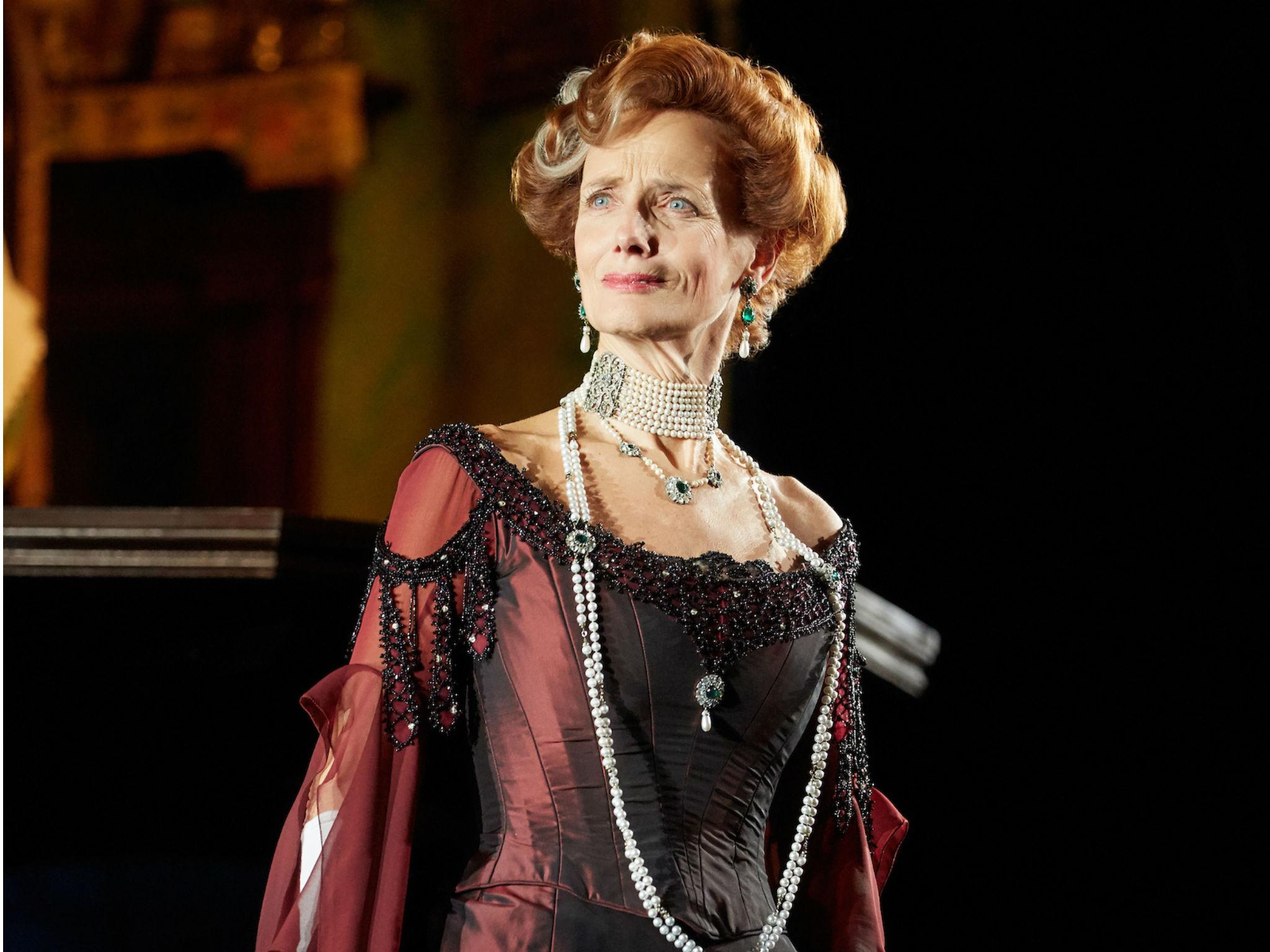An Inspector Calls, Playhouse, London, review: As thrillingly fresh and disconcerting as when it was first minted almost a quarter of a century ago
Stephen Daldry’s award-winning production of JB Priestley’s classic thriller returns to the West End with an excellent cast

Your support helps us to tell the story
From reproductive rights to climate change to Big Tech, The Independent is on the ground when the story is developing. Whether it's investigating the financials of Elon Musk's pro-Trump PAC or producing our latest documentary, 'The A Word', which shines a light on the American women fighting for reproductive rights, we know how important it is to parse out the facts from the messaging.
At such a critical moment in US history, we need reporters on the ground. Your donation allows us to keep sending journalists to speak to both sides of the story.
The Independent is trusted by Americans across the entire political spectrum. And unlike many other quality news outlets, we choose not to lock Americans out of our reporting and analysis with paywalls. We believe quality journalism should be available to everyone, paid for by those who can afford it.
Your support makes all the difference.Every time Stephen Daldry's great production of this JB Priestley play returns to the West End, its power and pertinence feel all the more striking. Puzzled eyebrows were raised, back in 1992, when it was announced that this hot-shot young director – en route to running the Royal Court – would make his National Theatre debut with a piece that was widely deprecated as an old rep warhorse and stuffy staple of the amateur stage. But Daldry knew exactly what he was doing, having worked on an earlier version of his extraordinary vision of the piece three years earlier at York Theatre Royal.
The genius of his Expressionist makeover is its triple time-frame. The production is simultaneously set in 1912 (when the action takes place), 1944 (when Priestley wrote the play) and at whatever time it is performed. The mysterious Inspector Goole arrives at the home of a well-to-do Northern industrialist and proceeds to expose how each member of the Birling family bears some responsibility for driving a young destitute and pregnant woman to suicide. Mr Birling sacked her from his factory, where she helped to organise an unsuccessful strike for a tiny increase in wages. Mrs Birling persuaded the local charity board to deny her aid etc, etc.
Before Daldry, the accent had been on the play's affinities with Agatha Christie, as if it were only a slight cut above that other 'everybody dunnit', Murder On The Orient Express. In the version conceived by Daldry and his designer Ian MacNeil, 1944 confronts 1912. The Birling family occupy a doll's-house perched on stilts in a rain-swept, Blitz-blasted landscape. Played here by Liam Brennan with a brilliant Scots abrasiveness and hints of barely-suppressed fury, the Inspector is a newly-demobbed Second World War soldier who gives one of the urchins an orange, as though he has come directly from service in North Africa.
Daldry had been struck by how Priestley's hugely popular Sunday radio broadcasts during the war had been discontinued, arguably because, even in the darkest days, he insisted on asking what kind of country would be built afterwards. Priestley's play was sending a message to the people of his own time. With the Edwardian family's fate enacted before a crowd of silent onlookers from 1944, the production makes the conversation between the two periods vividly explicit and – in playing with time-frames – throws out all the more forcefully a challenge to the values of the audiences watching. In 1992, the Inspector's great rallying cry – “We don't live alone. We are members of one body. We are responsible for each other” – caught the mood of growing disillusionment with the Tories and offered a direct rebuke to the persistent “No such thing as society” Thatcherite. Now, with the overwhelming refugee crisis, Brexit and a US President-elect with whom Priestley could not have found one inch of common ground, it needs to be taken to heart more than ever.
The production feels as thrillingly fresh and disconcerting as when it was first minted almost a quarter of a century ago. The doll's house that topples forward, at the climax of the investigation, sending the Birling crockery and bric-a-brac smashing to the ground; the lush moodiness of Stephen Warbeck's Hitchcockian score; and here an excellent cast, with Barbara Marten in particularly magnificent form as the blood-freezingly imperious mother. What sensuous sweep and what thematic penetration.
Join our commenting forum
Join thought-provoking conversations, follow other Independent readers and see their replies
Comments